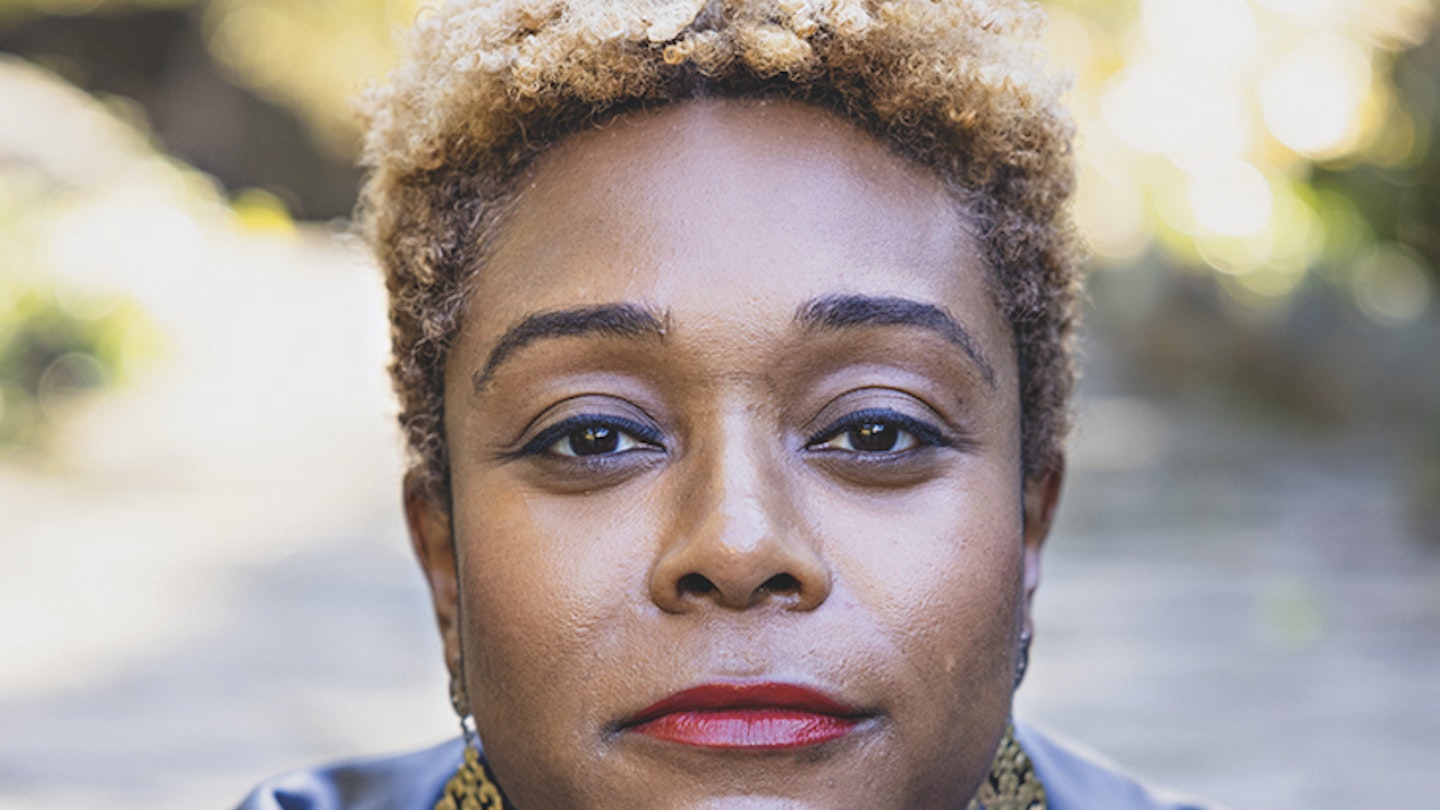My father was born on his grandmother’s farm in 1945, and from the time he could speak she began to instill the importance of education in him. She called it the great equalizer, the only way he as a Black man would earn security in this country. When put to him that way, its level of import naturally ballooned. I remember being five years old and hearing him recite the 'Wilkerson mnemonic,' EITMIT: Education is the Most Important Thing. He’d sign letters to me with that as a postscript. He’d reference the phrase in conversation multiple times a week. Education is the most important thing. But is it?
My son was born in 2013, and I immediately set to work, reading to him constantly of course, then later when he could speak, introducing him to sight word flashcards. I was so proud that he could identify 'that' or 'little' at the age of two. At five, he could read at a second-grade level. My father was dead by then, but his legacy remained, thrived even.
Then, when my son entered the third grade, it became clear that despite his brilliance — I say that objectively — a traditional learning environment was overstimulating for him.
With not a little trepidation, my husband and I found a wonderful outdoor school that focuses on literacy and science; I’d teach math two days a week at home. I initially demanded that we proceed through my son's curriculum at the same pace his traditional school would, potentially faster. But the issues with overstimulation cropped up at home too. If I wanted a healthy environment for my son, I had no choice but to slow down.
It was excruciating at first. My own safety felt threatened; more importantly, I worried for the safety of my son. How would he, a Black boy, be perceived if he didn't conform to the standard model of academic success? How would he survive in a world primed to disregard him if he didn’t adhere to its prescribed track? And yet he was happy. It still didn’t feel like that was more important than his traditional education, but more and more, I began to notice him bending toward his own passion.
He’d always had a love of life sciences, but it has blossomed in the last year. He reads voraciously about Japanese macaques and red-lipped batfish and can tell you that platypuses have venom on their back legs. Sure, sometimes we move slower because we go off on tangents or because he needs a day to reset, but I don’t know that he would have found time to delve into mudskippers or binturongs if I had been wed to a specific schedule, a narrow curriculum.
Toni Morrison said, 'The function, the very serious function of racism, is distraction. It keeps you from doing your work. It keeps you explaining, over and over again, your reason for being.'
If our jobs as parents are to guide our children to their self-defined purpose, we can only fulfill that role when our own vision is unclouded by fear of how they will be viewed or worse, treated. That terror was certainly reasonable in 1945, and it still is to some extent, but in 2023, I have the luxury of at least trying to start from a more liberated vantage point. The only alternative is my own constraint — my son’s too — all for the purpose of proving that he is equal to whites. In that way, even if he didn’t fall into stereotypical traps, he would miss his mark, consumed by the avoidance of what not to be when he could be focused on being.
